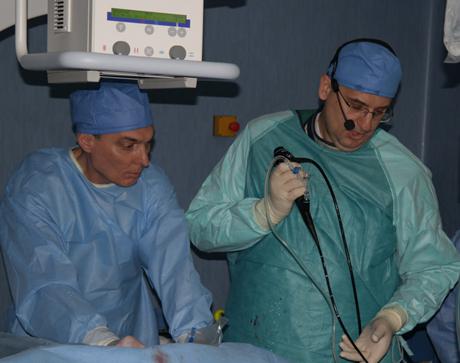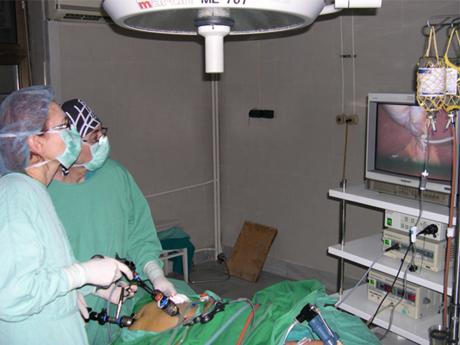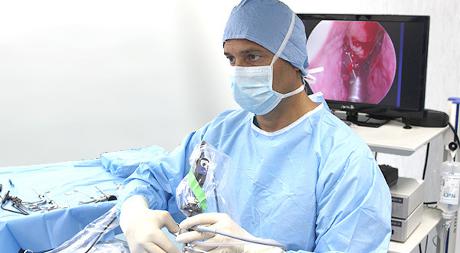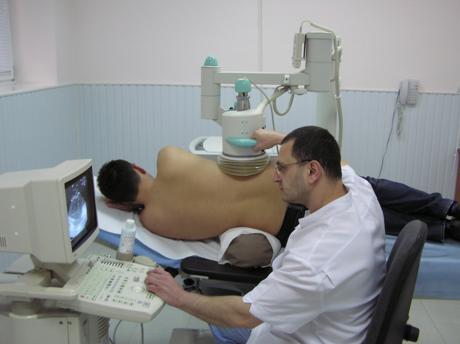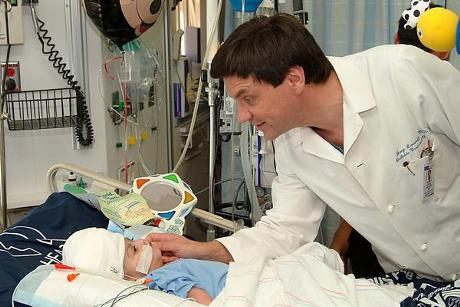Service

Pediatric Endocrinology and Metabolism is a branch of general pediatrics and studies prevalence, etiology, pathogenesis, clinical manifestations, diagnosis, complications, prevention and treatment of endocrine diseases and disorders in the metabolism in children.
Experts in pediatric endocrinology and metabolism must have a thorough knowledge on endocrinology and metabolic diseases.
Pediatric endocrinology and metabolism specialists give an evidence-based diagnosis and a аmodern treatment of endocrine and metabolic diseases that affect children.
In addition, they must implement modern prevention and rehabilitation. An important advantage for a specialist in pediatric endocrinology and metabolism is to be a medical expert in all features and sections of diagnosis and treatment of endocrine and metabolic diseases.
Pediatric endocrinology (British: Paediatric) is a medical subspecialty dealing with disorders of the endocrine glands, such as variations of physical growth and sexual development in childhood, diabetes and more.
By age, pediatric endocrinologists, depending upon the age range of the patients they treat, care for patients from infancy to late adolescence and young adulthood.
Pediatric endocrinologists are medical doctors who have had:
Four years of medical school
Three years of pediatric residency
Three or more years of fellowship training in pediatric endocrinology
Pediatric Endocrinologists provide various types of treatment, including (but not limited to):
• Various growth problems
• Early puberty or delayed puberty
• Enlarged thyroid gland (goiter)
• Disruptions in the activity of the thyroid gland
• Pituitary gland hypofunction and hyperfunction
• Adrenal gland hypofunction and hyperfunction
• Ambiguous genitals/intersex
• Ovarian and testicular dysfunction
• Diabetes
• Low blood sugar (hypoglycemia)
• Obesity
• Rickets, hypocalcemia and associated problems with Vitamin D
The most common disease of the Endocrinology specialty is type I diabetes. It usually accounts for at least 50% of a typical clinical practice, including children. Other common problem is growth disorders. Pediatric endocrinologists are usually the primary physicians involved in the medical care of infants and children with intersex disorders. Pediatric endocynology deals with hypoglycemia and other forms of hyperglycemia in childhood, variations of puberty, adrenal, thyroid, and pituitary problems as well as bone metabolism problems, lipid metabolism, adolescent gynecology, or inborn errors of metabolism.
